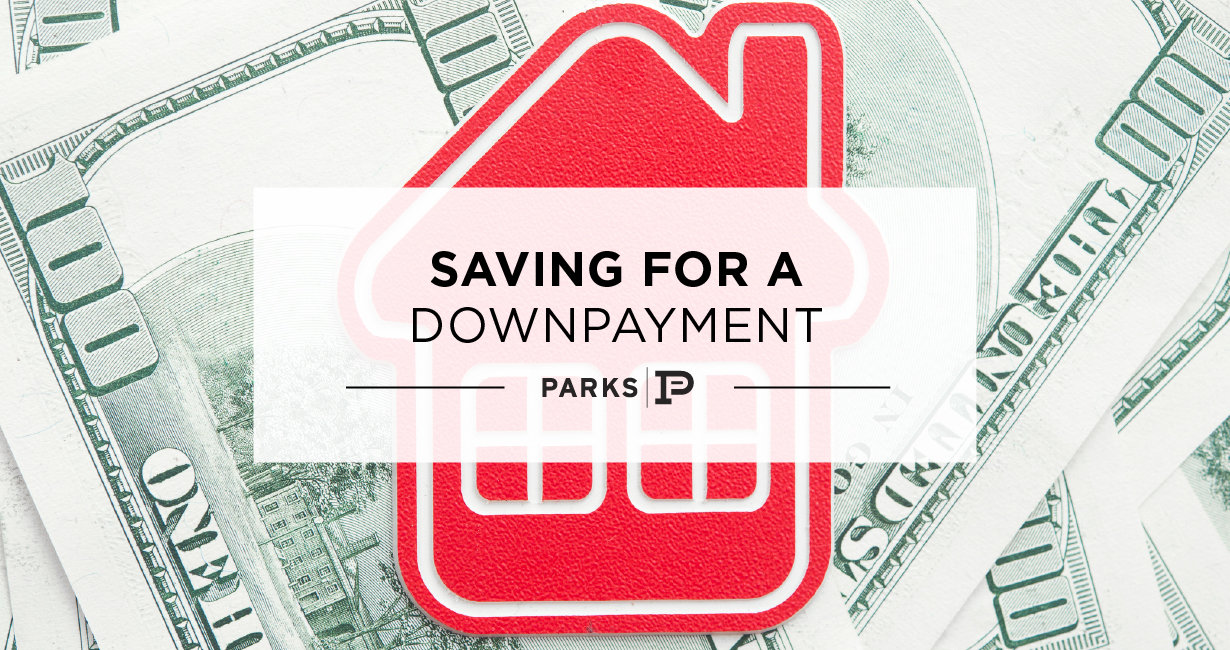Saving For A Downpayment
Posted by Jenni Barnett on Friday, January 3rd, 2020 at 12:31pm.

Saving for a downpayment is one of the first steps to buying a home --apart from getting pre-qualified for a mortgage. Starting your savings also requires quite a bit of commitment. It takes discipline to forgo that weekend getaway with friends or reduce everyday purchases like your usual morning latte. But when you're saving for a house, every purchase and dollar saved must be a deliberate choice.
But where's the best place to store your home-savings nest egg? After all, you'll be saving in the tens of thousands, not just a couple of thousand. Lenders will also need to verify where your downpayment came from, meaning they'll want to see a record of deposits that prove your savings efforts or gifted funds.
Here are some suggestions for where to store your downpayment:
How Much Do You Need To Save For A House?
There isn't a specific amount, per se, but there is a general percentage that you should be aiming for. For conventional loans and to avoid paying private mortgage insurance (PMI), you'll want to save at least 20% of the asking price. So for a $250k home, you want about $50k for the downpayment. Add a little more for closing costs and moving in necessities (like truck rental, home repairs, or appliances), and you'll have a comfortable cushion for all your new home needs.
It may seem like an extraordinary amount, but putting 20% down (if you are able) can save you thousands of dollars over the life of the mortgage loan.
But 20% down isn't the only option! You can put down less (and pay for PMI) or apply for a government-backed loan.
With FHA, USDA, and VA loan options, prospective homeowners can buy a home with a downpayment with much less. So for that same $250k house, you could put down under $9k with an FHA or $0 with USDA and VA loans (must meet specific criteria, please contact us for more info).
Where to Keep Your Downpayment
The first thing to consider when looking into the various savings accounts is that it must be easily accessible, both to withdraw and to deposit. And ideally, you'll want an account that earns at a reasonable rate while remaining stable in value as well. Here are some account types to consider for your home downpayment savings.
Savings Account
The most obvious place to save your downpayment is where you bank. If you don't already have a savings account, opening one should be relatively easy, and transferring funds is just as simple. While a basic savings account is a secure place, thanks to FDIC insurance or NCUA for credit unions, the interest rates for earning are meager.
Still, it's a very good and quick option for starting your nest egg.
High-Yield Savings Account
Another option for storing your downpayment is a high-yield savings account. This attractive option can earn as much as 10 times more than standard savings accounts while offering the FDIC or NCUA safety net. Something to keep in mind with especially high-yielding accounts is that you'll likely be charged income tax on the interest earned. This isn't necessarily a bad thing --just something to note. However, the honor of the highest yielding savings accounts goes to other investment options.
Investment Account
The highest-earning, as well as the riskiest type of account that you can store your downpayment, is an investment account. This type of account invests your funds in stocks and mutual funds and have the potential of earning significantly. It's no secret that the stock market is volatile, and adequate returns are usually realized over longer terms.
Considering this, investing a house downpayment in the stocks and mutual funds is best for those who are flexible and can "ride out" any downturns in the market.
Where Should You Put Your Nest Egg?
For the sake of convenience and safety, a standard savings account would suffice. If you can handle the risk for the potential of a generous payout, investing is worth looking into. Whichever you choose, make sure it aligns with your long and short-term goals for buying a home.
Beyond The Downpayment
Starting a savings is one of the first steps towards homeownership. Getting pre-qualified is another! Find out how much you can afford and which loan programs are available to you by contacting Legacy Home Loans.
Brought to you by Legacy Home Loans. Legacy's goal is to provide home loans to clients while providing them with the lowest interest rates and closing costs possible. Furthermore, they pledge to help borrowers overcome roadblocks that can arise while securing a loan.
To learn more, visit: mylegacylender.com







